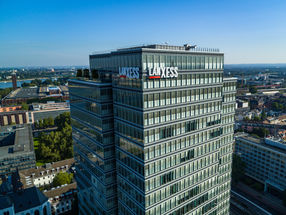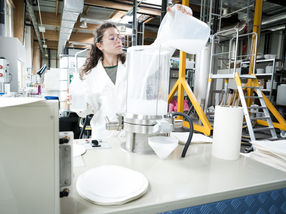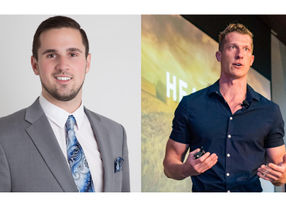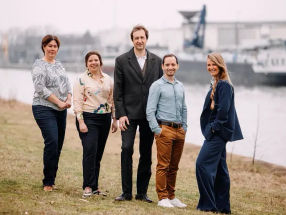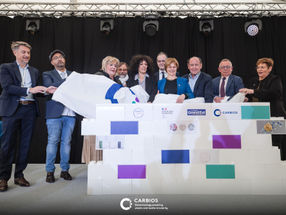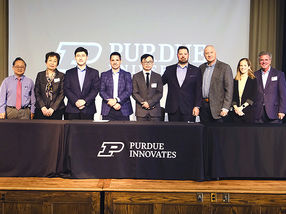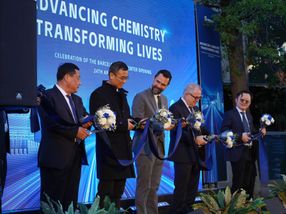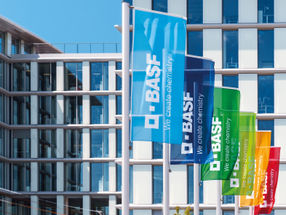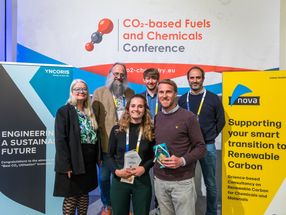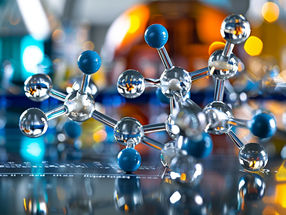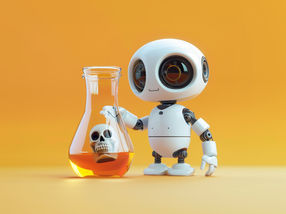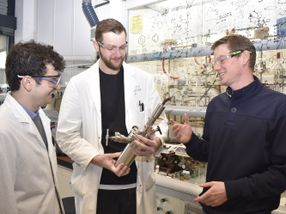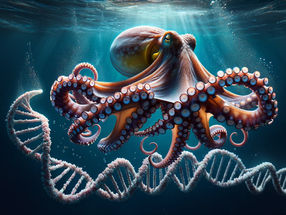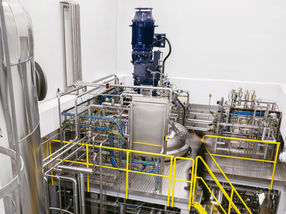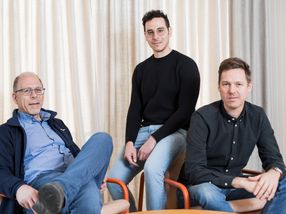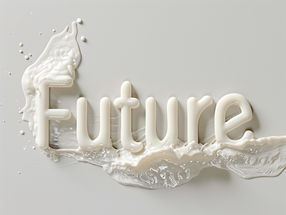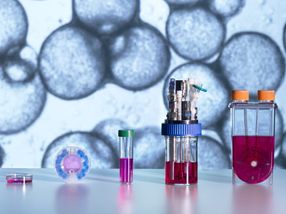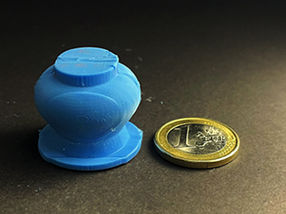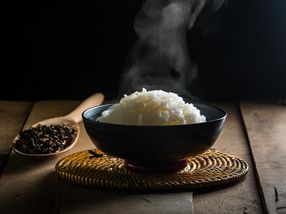Asymmetric catalysis allows controlled synthesis of biologically active molecules
Professor Dr. Nicolai Cramer of EPF Lausanne receives BASF Catalysis Award 2013
For his outstanding research contributions to catalytic processes in synthesis of biologically active molecules, Professor Dr. Nicolai Cramer is receiving the BASF catalysis Award 2013. Professor Cramer heads the laboratory of asymmetric catalysis and synthesis at the École Polytechnique Fédérale (EPF) in Lausanne, Switzerland. The prize, worth €10,000, was presented by Dr. Andreas Kreimeyer, Member of the Board of Executive Directors of BASF SE and Research Executive Director, at the “Heidelberg Forum of Molecular Catalysis,” a symposium of international experts organized jointly by Heidelberg University, Collaborative Research Center 623 “Molecular Catalysts” and BASF SE.
“Catalysis is an important key technology for the chemical industry and is an indispensable tool for accessing new feedstocks and developing new energy efficient production processes,” said Kreimeyer. As a company with a leading international research and development platform for catalysts, BASF therefore attaches particular importance to promoting excellent young researchers in this field.
Most read news
Other news from the department business & finance

Get the chemical industry in your inbox
From now on, don't miss a thing: Our newsletter for the chemical industry, analytics, lab technology and process engineering brings you up to date every Tuesday and Thursday. The latest industry news, product highlights and innovations - compact and easy to understand in your inbox. Researched by us so you don't have to.
Most read news
More news from our other portals
See the theme worlds for related content
Topic world Synthesis
Chemical synthesis is at the heart of modern chemistry and enables the targeted production of molecules with specific properties. By combining starting materials in defined reaction conditions, chemists can create a wide range of compounds, from simple molecules to complex active ingredients.

Topic world Synthesis
Chemical synthesis is at the heart of modern chemistry and enables the targeted production of molecules with specific properties. By combining starting materials in defined reaction conditions, chemists can create a wide range of compounds, from simple molecules to complex active ingredients.








